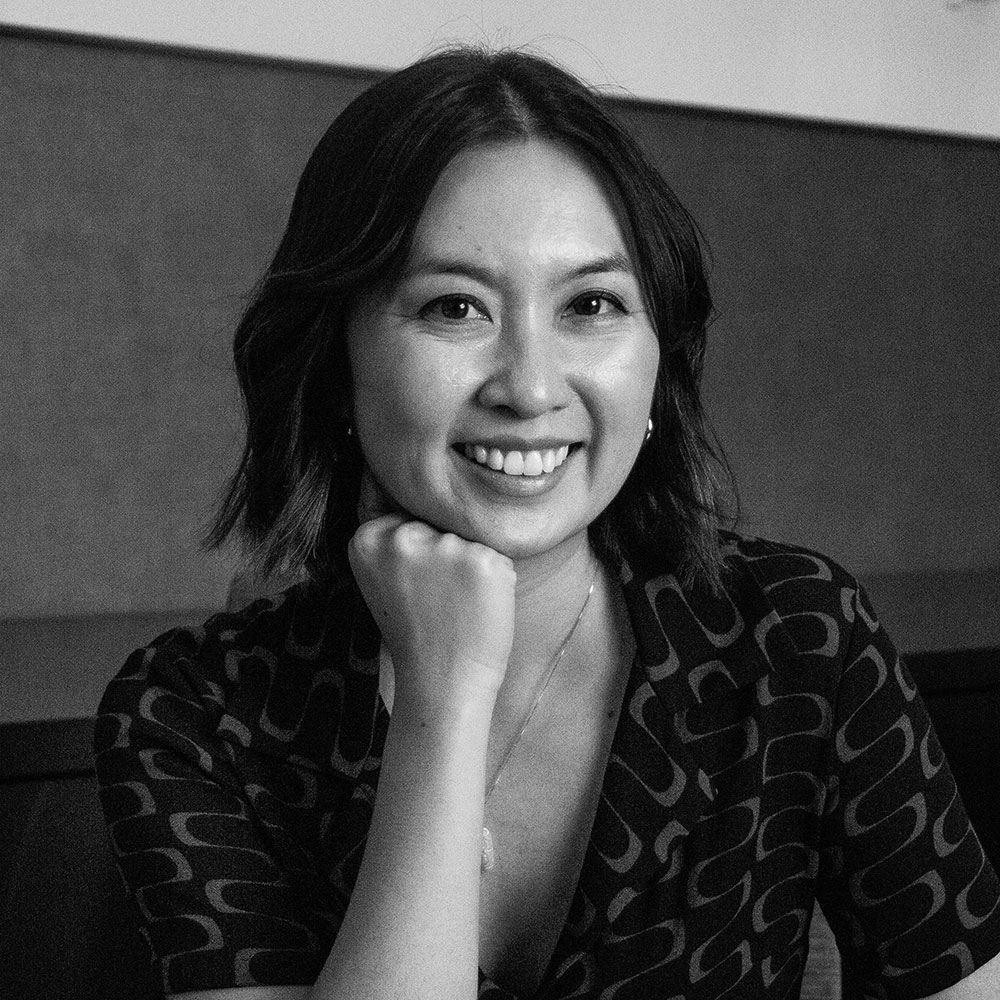
Advancing Asian American Theology: Collaborative Manuscript Development Workshop
David Chao | Director, Center for Asian American Christianity | Princeton Theological Seminary
Isaac Kim | Associate Pastor | Joy Christian Fellowship
Karis Ryu | Graduate Student, Religious Studies | Yale University
Sameer Yadav | Associate Professor, Religion | Baylor University
The proposed workshop aims to convene a diverse group of faculty and graduate students (along with a minister) from theology, history, and ethnic studies to critically review and contribute to the development of a manuscript titled Asian American Christian Theology: An Introduction and New Perspectives (under contract with Wiley Blackwell). Authored by Dr. David Chao, this manuscript challenges and revitalizes the academic discipline of Asian American Theology. The workshop’s objective is to refine the manuscript so that it robustly addresses contemporary challenges and reflects the complexities of Asian American identity and Christian belief and practice. It aims to move beyond essentialist tropes, instead engaging with contemporary social issues such as racial justice, mental health, and economic inequality. Through scholarly critique and interdisciplinary discourse, the workshop will enhance the manuscript’s academic rigor and relevance, turning it into a seminal resource for scholars, practitioners, and community members.
Keywords: Asian American, Christianity, Theology

Ethnic Churches and Racial Attitudes: A Comparative Study of Chinese- and Vietnamese-American Congregations in Houston, TX
Bianca Mabute-Louie
Graduate Student, Sociology
Rice Univesity
This research project interrogates the extent to which religion shapes the racial attitudes of Asian American Christians. Christianity influences the ways Asian Americans adapt to the U.S. and their involvement in ethnic churches shapes their perceptions of race and racism. This project interrogates how Chinese- and Vietnamese-American Christians, two of the largest Asian American groups, employ cultural-religious explanations in their conceptualizations of racial discrimination, racial boundaries, and anti-Blackness in this comparative congregational study. Overall, this study aims to contribute to the scholarly conversation on race, religion, immigration, and politics, with public implications on immigration, Asian American civic engagement, and broader movements for racial justice.

Identity, Community, Belonging: Imagining the Creation of a Postcolonial/Asian American Kachin Christian Community
Htoi San Lu
Graduate Student, Religion
Vanderbilt University
This dissertation examines theological, ecclesiological approaches to Christian community, identity, and belonging from an Asian/American and postcolonial feminist perspective: specifically examining how the Kachin Baptist community in the U.S. constructs their ethno-nationalist religious identity in changing geopolitical contexts. The Kachin are an indigenous, minoritized ethnic group who began to migrate from Burma/Myanmar to the United States in the 1950s. Divisions within the U.S.-based community emerged between 2011 and 2014, a period marked by intensified militarized conflict in Burma which resulted in thousands of civilians killed and more than 100,000 Kachin displaced. Kachin immigrants and resettled refugees in the U.S. have debated intensely about the contours of their community: differing about alliances and loyalty (to Kachin churches in Myanmar). I argue these divisions are best understood by examining the influential role of American Baptist missionaries and the Burmese sociopolitical context beginning in the 19th century to the present.
Keywords: Baptist, Christianity, Churches, Diaspora, Immigration, Kachin
